Honest Labour:
The Charles H. Hayward Years
Product Description
“Honest Labour” is a collection of essays from The Woodworker magazine while the legendary Charles H. Hayward was editor (1936-1966). This book will be the fifth and final volume in the Lost Art Press series from The Woodworker.
When Lost art Press started on The Woodworker project more than a decade ago they didn’t intend to publish “Honest Labour.” The series was going to have four books that covered handwork: tools, techniques, joinery, and the workshop and furniture plans. But as they paged through every article from The Woodworker during the 30 year period, they kept getting stuck on the “Chips From the Chisel” column at the beginning of every issue.
These columns during the Hayward years are like nothing they’ve ever read in a woodworking magazine. They are filled with poetry, historical characters and observations on nature. And yet they all speak to our work at the bench, providing us a place and a reason to exist in modern society.
For years Lost Art Press heard rumours that the unsigned column was written by a clerk or assistant at the magazine, but they don’t believe that for a second. After reading Hayward’s writing on woodworking, they know his prose.
Lost Art Press worked on “Honest Labour” in the background for three years. John Hoffman secured the rights to the material, which was no small effort or expense. Kara Gebhart Uhl worked through all of the “Chips From the Chisel” columns, selecting the best ones. They decided to organise the essays year by year, and so Kara has written a short column for every chapter that lists the major news events of that year. These short essays provide important context – even woodworking writing is different in wartime.
The structure of the book is more like a book of favourite poems you can pick up while you are waiting for your family to get ready for dinner. Or when you sit down in front of the fire after a long day of work.
Every page spread in the book consists of one column only, illustrated with line drawings from the magazine that were published during the same year the column was written. Most of the illustrations were made by Hayward.
Here’s a small sample of one of the columns from the 1960s. Like a lot of good writing, it’s difficult to divorce a piece from the whole without diminishing it.
How easy for anyone having sufficient professional skill to get away with a semblance of truth. There are some craftsmen who simply take it for granted. The lack of precision in marking up, the careless cut, the small faults which declare themselves when a piece is assembled. Such a craftsman knows all the answers. “Oh I can soon put that right,” he says easily. And he can, filing, adjusting, smoothing, gluing here, screwing there, using as much casual skill in faking as in making. The furniture he produces may deceive the untrained eye but by any true standard it falls short. Without perhaps even being aware of it, the casual craftsman lets himself down more than anyone: the real damage is to himself.
It is all too easy, demanding no particular effort, no particular sense of responsibility, either to himself or to anyone else. But anyone who wishes to lift himself out of the rut, as a person as well as a craftsman, needs to feel responsibility and to be committed to a standard. Only in this way can he keep the sense of effort alive, and to cease from effort is to die before our time.
“Honest Labour” is a sizable book – 474 pages – the largest book in The Woodworker series, and it will have the same manufacturing specs as the other books in the series so they look good on your shelf.
Lost Art Press know this is an odd woodworking book and that many people will be skeptical, so they kept price as reasonable as possible.
Customer Reviews

Collect in Store
This item is available for collection.


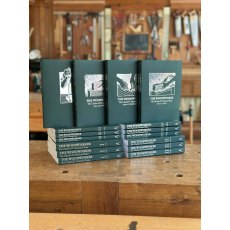
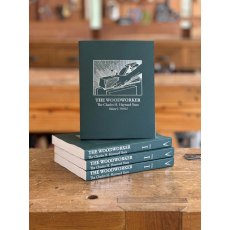
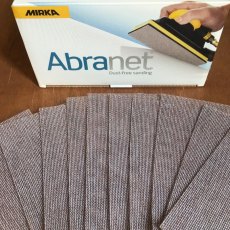
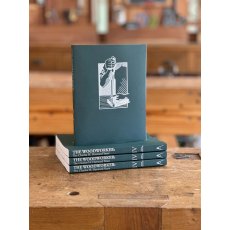

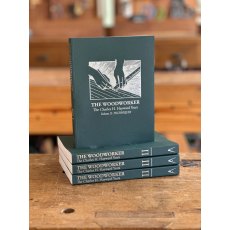
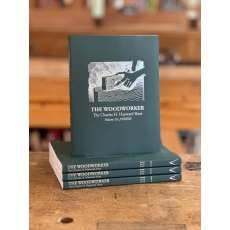
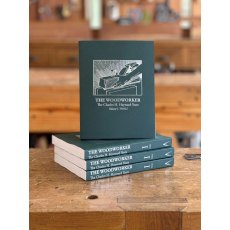

![Record 311 – Rebate, Chisel & Bullnose Plane [Pre-owned, SOLD] Record 311 – Rebate, Chisel & Bullnose Plane [Pre-owned, SOLD]](/images/products/thumbs/4313_11620.jpg)
![Record 311 – Rebate, Chisel & Bullnose Plane [Pre-owned, SOLD] Record 311 – Rebate, Chisel & Bullnose Plane [Pre-owned, SOLD]](/images/products/thumbs/4313_11619.jpg)


Write a review